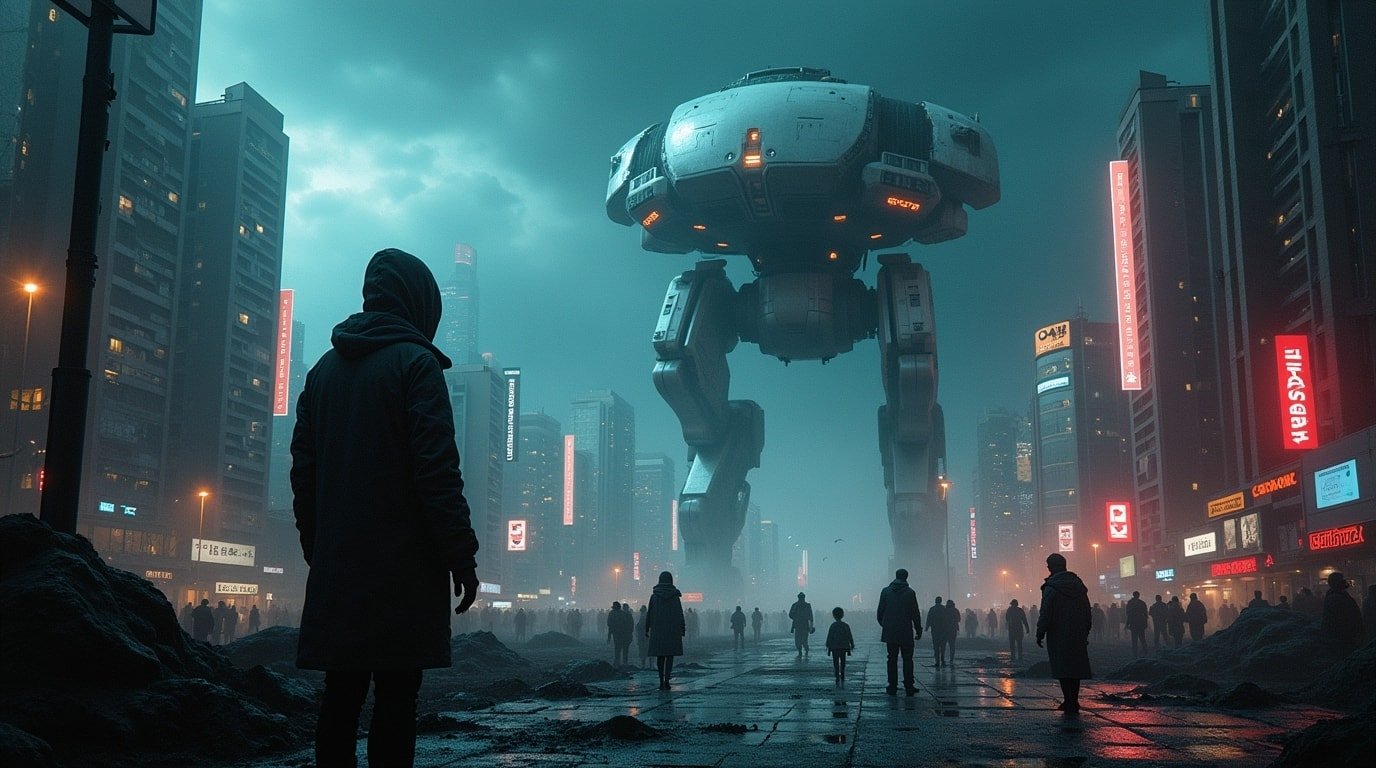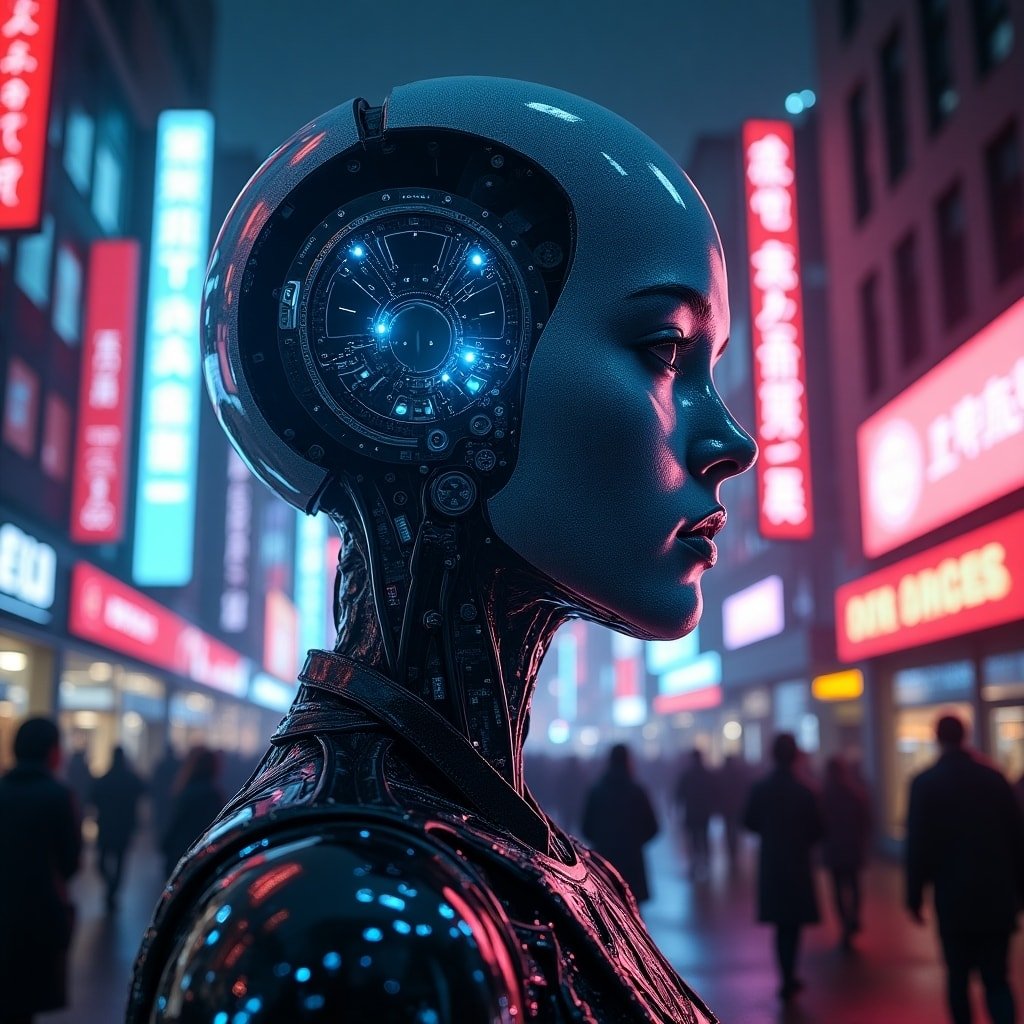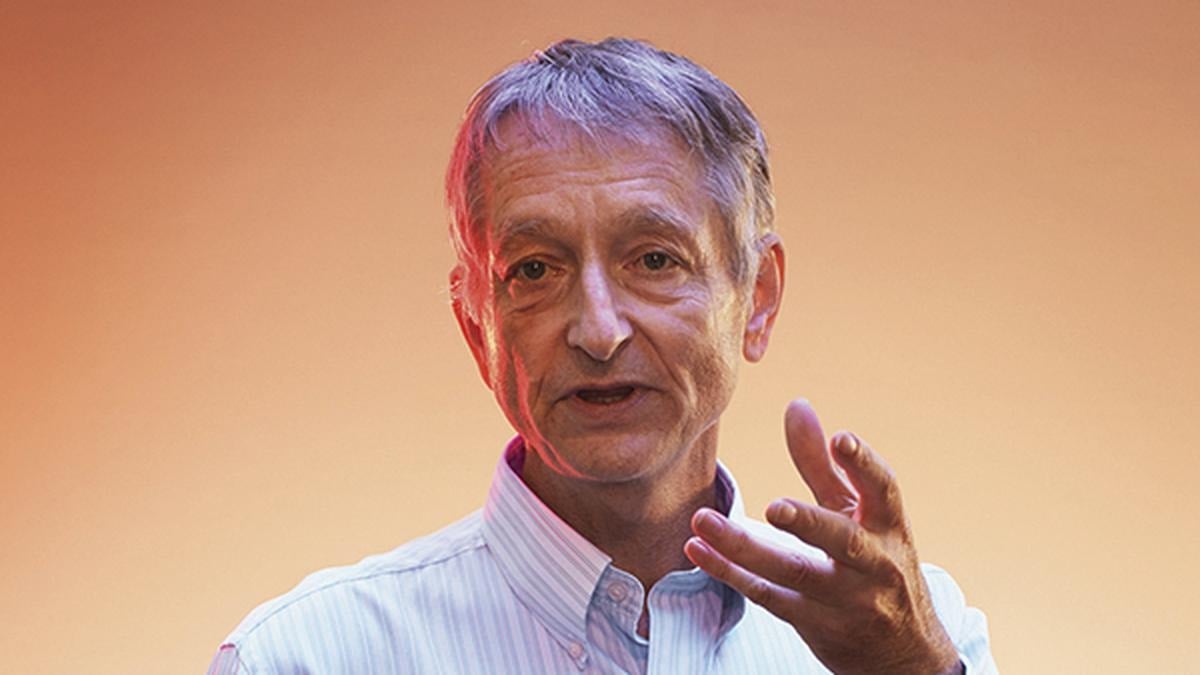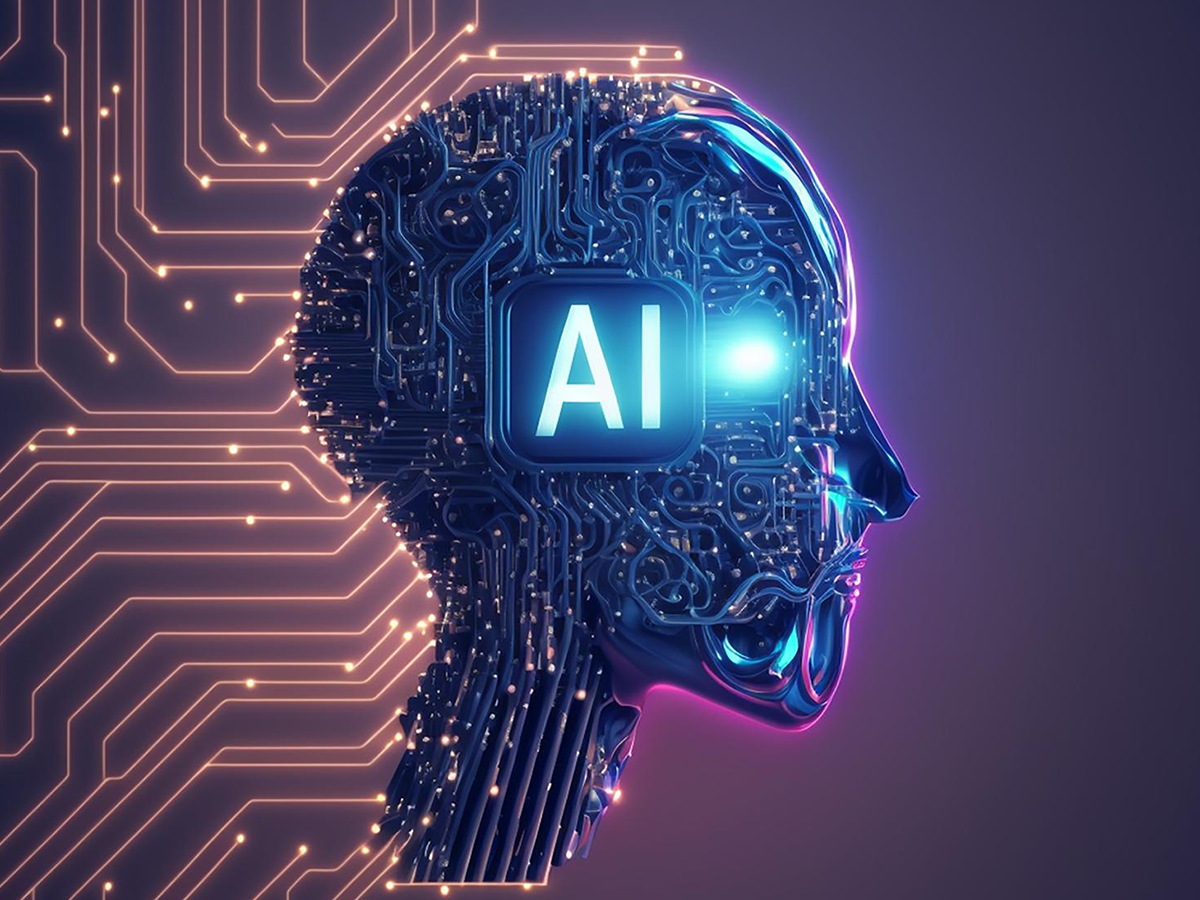Frightening warning from Geoffrey Hinton, Father of Artificial Intelligence: "It could take over humanity!"

Will Artificial Intelligence Leave Humanity Behind? British computer scientist Geoffrey Hinton stated in a recent interview that artificial intelligence could become much more intelligent than humans, and this could create serious risks for societies.
Hinton stated that Artificial Intelligence (AI) could take control of the planet, causing massive job losses and mass unemployment. In this scenario, humans could be forced to live aimlessly in the shadow of robotic systems.

Hinton argued that halting AI development to prevent a dystopian future would be “logical.” However, he believes this idea is difficult to achieve because the world’s leading tech companies are focused on the financial gains they can make from AI.

Robots Won't Eat Us
Hinton humorously noted that because AI is silicon-based, a human diet wouldn't benefit them. But this consolation doesn't overshadow the fact that the technology could have deadly consequences if it falls into the wrong hands. Hinton urged global communities to urgently implement security measures to prevent AI misuse.

Who is Geoffrey Hinton?
Hinton, a cognitive psychologist known for his groundbreaking work on artificial neural networks, developed the technologies that underpin thinking machines. After working at Google for ten years, he resigned due to concerns about the dangers of AI. Last year, he was awarded the Nobel Prize in Physics for his discoveries that made machine learning possible. Hinton addressed the risks of artificial general intelligence (AGI) with human-like cognitive abilities in the documentary Making God. “Most people struggle to grasp the existence of beings more intelligent than us,” he said. “They always think, ‘How will we use this?’ but they don’t think about how it might use us,” he said, highlighting the seriousness of the danger.

Ethics and Security are Essential in Artificial Intelligence
Hinton's warning is crucial at a time when artificial intelligence is rapidly developing. The risks, as well as the opportunities presented by this technology, should not be overlooked. Hinton emphasizes the necessity of ethical principles and international regulations in AI development. Otherwise, humanity risks losing control.
SÖZCÜ





